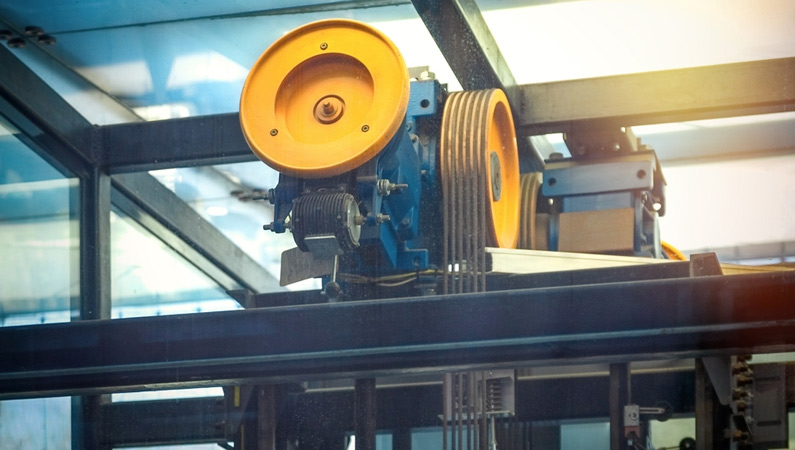What Factors Affect the Performance of Elevator Motor?
Load Capacity: The carrying capacity of the elevator affects the performance of the engine. Heavier loads may require the engine to produce more power.
Need for Speed: The elevator's need to operate at a certain speed determines the power demand of the motor. Higher speeds generally require more powerful engines.
Height and Number of Floors: The distance and number of floors that the elevator will travel affect the performance of the engine. More powerful engines may be required for tall buildings or multi-storey structures.
Movement Dynamics: Situations of the elevator that require rapid starts, stops and directions affect the performance of the engine. Movement dynamics affect the sensitivity and response time of the motor.
Energy Efficiency: The energy efficiency of the motor affects the operating costs and environmental impact of the elevator. More efficient motors consume less energy and can cost less.
Safety Standards: Elevator engines must comply with safety standards. This affects critical functions of the engine such as stopping, speed control and emergency stop.
Maintenance and Durability: The engine's design and material quality affect the need for maintenance and how long the engine can last.
Operating Frequency: How frequently the elevator is used affects the performance of the engine. In cases of intense use, more powerful and durable motors may be required.
Environmental Conditions: The engine's operating environment, temperature, humidity and other environmental factors affect engine performance. These factors affect the engine's cooling needs and overall operating efficiency.
Technological Innovations: New technologies and innovations can improve the performance of elevator motors. For example, new technologies that increase energy efficiency or provide better control can positively impact engine performance.


